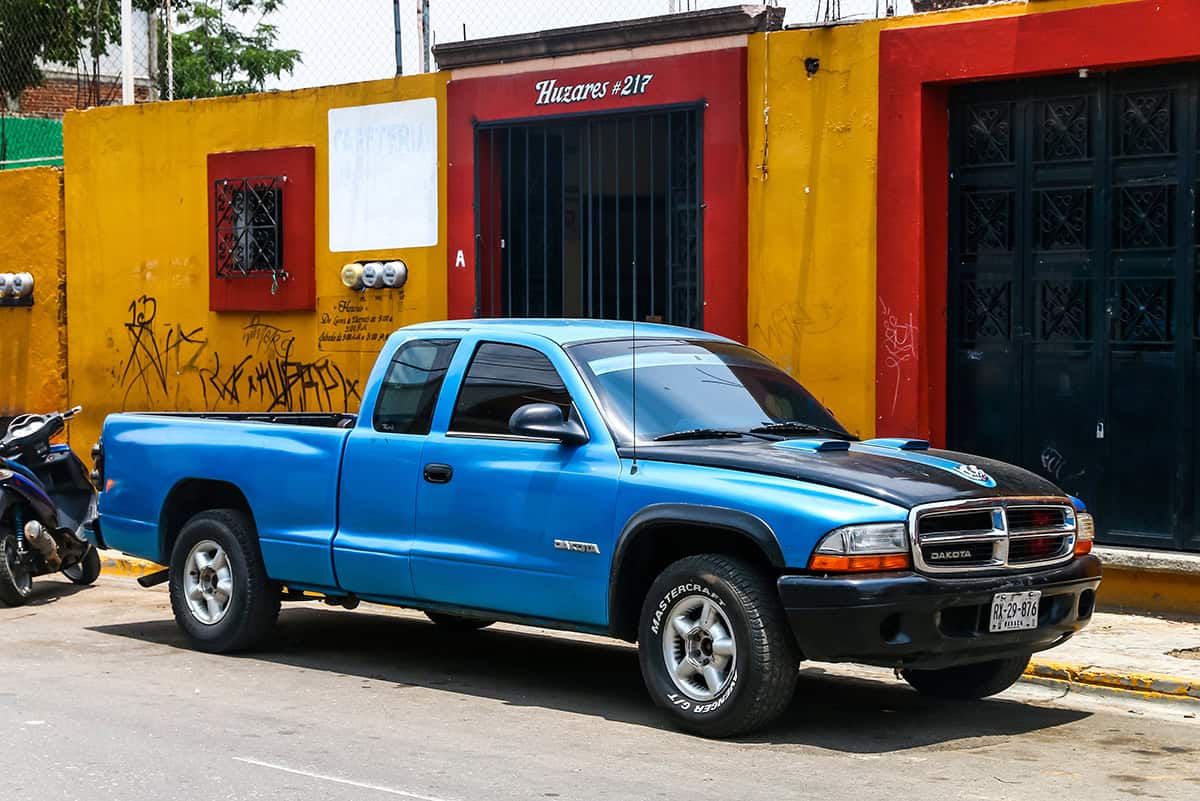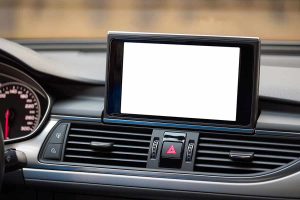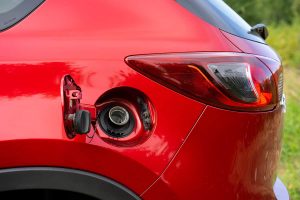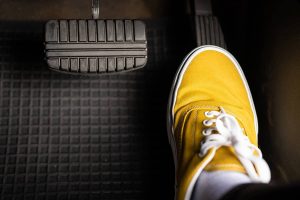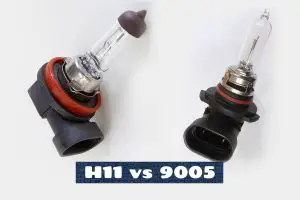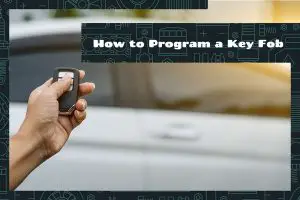The Dodge Dakota has been a popular midsize pickup truck since its launch in 1987. It’s known for its durability, but like any vehicle, parts wear down or need replacement over time. The interesting part is that some components from various model years of the Dodge Dakota are interchangeable.
This guide will explain which parts are interchangeable across different years of the Dodge Dakota.
Basics of Vehicle Interchangeability
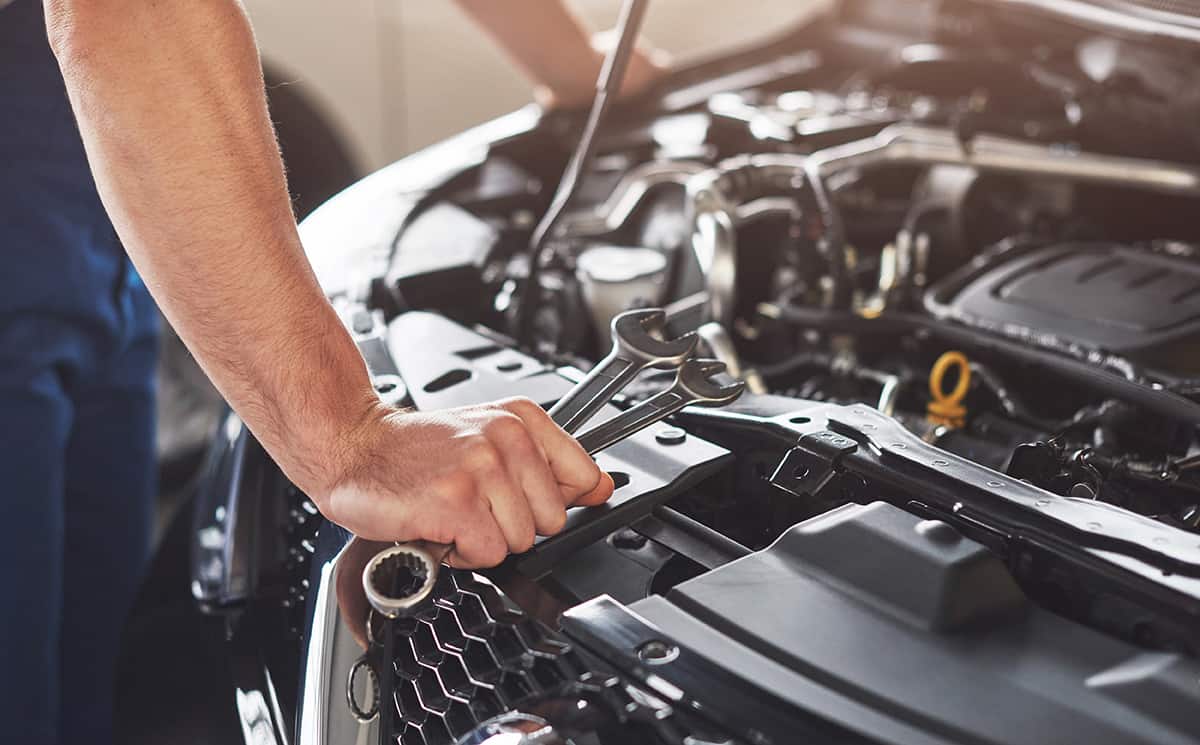
Part interchangeability refers to taking a component from one Dodge Dakota model and fitting it into another model seamlessly. This is especially useful when a particular part is discontinued or if you’re looking to upgrade. An example of this is you might find that the fuel pump from a 2003 Dakota works just as well in a 1999 model.
Generations of Dodge Dakota
The Dodge Dakota has been through three major generations since its introduction in 1987. Each generation comes with its own set of parts and design features, but there are overlaps where parts can be interchanged.
First Generation (1987–1996)
The first-gen Dakota was Dodge’s inaugural venture into the midsize pickup market. These early models were available in both two-wheel and four-wheel-drive configurations. While they came with an assortment of V6 and four-cylinder engines, many of the suspension and transmission parts are interchangeable within this generation.
Second Generation (1997–2004)
The second generation brought about a more rounded body style and a notable improvement in engine options, including a high-performance R/T model with a 5.9L V8 engine. If you own a second-gen Dakota, you’ll find that various body panels, as well as some engine and electrical parts, are swappable.
Third Generation (2005–2011)
The third and final generation made a leap in design and performance, offering a V8 engine even in its midsize frame. This generation is also where you can interchange a wider variety of interior parts like seats and dashboard components.
Interchangeable Engine Parts
Interchangeable Engines Across Generations
While a complete engine swap across different generations is generally not feasible due to design changes, many internal components like camshafts, pistons, and valves can be interchangeable. For example, the 3.9L V6 engine used in both first and second-generation Dakotas has many parts that can be swapped.
Commonly Interchanged Engine Parts
When you’re on the hunt for replacement engine components, some parts are more likely to be interchangeable than others. For instance, air filters, spark plugs, and even some alternators can often be used across different years within the same generation.
Engine Sensors and Electrical Components
Dodge Dakota models from similar years often use the same sensors, like oxygen and coolant temperature sensors. Wiring harnesses, however, are generally not interchangeable due to changes in other electrical systems.
Cooling System Parts
The radiator, water pump and cooling fans are often interchangeable within the same generation. This is particularly true for the second and third generations, where several models use the same or similar cooling components.
Fuel System Components
Fuel injectors, pumps, and filters are among the most commonly interchanged parts within the Dodge Dakota lineup. For example, the fuel pump assembly from a 2002 Dakota may very well fit and function in a 2004 model, but always double-check the specifications.
Interchangeable Transmission Components
Torque Converters and Clutches
In automatic transmissions, the torque converter is a common interchangeable item, especially within the same generation. For manual transmissions, the clutch assembly, including the clutch plate and pressure plate, can often be swapped out with those from other years in the same generation.
Gear Sets and Bearings
The internal gears and bearings are a bit more complex when it comes to interchangeability. Usually, these are interchangeable within the same model series and transmission type.
Shift Solenoids and Control Modules
Shift solenoids control fluid flow in automatic transmissions and are commonly interchangeable within the same generation. Similarly, transmission control modules, the computer that controls the transmission, can also often be swapped out with units from other model years within the same generation.
Transmission Sensors
Various sensors in the transmission, like speed sensors and temperature sensors, are generally interchangeable within the same model series.
Interchangeable Body Parts
Exterior Panels and Trim
Fenders, doors, and tailgates are often interchangeable within the same generation of Dodge Dakota. For instance, a fender from a 2001 Dakota will typically fit a 2004 model if they are both from the second generation.
Interior Seats and Upholstery
The front and rear seats, along with upholstery materials like seat covers, are often interchangeable within the same generation. Just keep in mind that certain features like electric adjustments or heating may not be compatible if the original didn’t have those features.
Bumpers and Grilles
The bumpers and grilles are generally specific to a generation but can often be interchanged within that generation. For example, if you have a third-generation Dakota, a bumper from another third-gen model is likely to fit.
Lighting Components
Headlights, taillights, and fog lights are other components where you often have room for interchangeability. Usually, the same generation will have compatible lighting elements, although there are exceptions.
Dashboard Components
Dashboard elements like instrument clusters, vents, and storage compartments are typically compatible within the same generation. However, swapping these parts can sometimes require additional work to match the wiring and connectors.
Windows and Windshields
While not often interchanged, windows and windshields are another category where some level of compatibility exists, primarily within the same generation. However, some features like tint level and thermal insulation might vary.
Interchangeable Suspension and Steering Systems
Shock Absorbers and Struts
Shock absorbers and struts are generally interchangeable within the same generation of Dodge Dakota, especially if the models have the same type of suspension (coil spring or leaf spring). However, if you’re considering an upgrade, make sure that the new parts can handle the weight and balance of your specific model.
Control Arms and Bushings
Control arms and bushings are another set of components where interchangeability exists within the same generation. If you’re replacing them, consider also replacing the bushings if they show signs of wear.
Steering Racks and Pumps
Steering components like the steering rack and pump are a bit more finicky when it comes to interchangeability. While many parts are often interchangeable within the same generation, pay attention to the type of steering system (manual or power) your Dakota employs.
Tie Rods and Ball Joints
Tie rods and ball joints, which are key in ensuring your vehicle’s wheels are aligned properly, can usually be interchanged within the same model series. Always check for wear and tear when swapping these components.
Spindles and Axles
The spindles and axles are often specific to the type of suspension system your Dakota has. Swapping these out with the wrong parts can lead to alignment issues and even unsafe driving conditions.
Sway Bars and End Links
Sway bars and their accompanying end links can often be swapped between models within the same generation. These parts are responsible for limiting body roll during turns and can improve your Dakota’s handling.
Interchangeable Dodge Dakota Parts Chart
To make things easier, we’ve compiled a chart that outlines the interchangeability of various Dodge Dakota parts:
| Part Category | Interchangeable Years & Models | Specific Components |
| Engine Parts | ||
| 1991–1996 Models | Oil pans, valve covers, ignition coils | |
| 1997–2004 Models | Water pumps, timing belts, spark plugs | |
| 2005–2011 Models | Exhaust manifolds, alternators, air filters | |
| Transmission Components | ||
| 1992–1999 Models | Automatic transmission models | |
| 2000–2004 Models | Manual transmissions | |
| 2005–2011 Models | Torque converters, clutch kits | |
| Suspension and Steering | ||
| 1991–1996 Models | Shock absorbers, control arms, bushings | |
| 1997–2004 Models | Steering racks, tie rods, sway bars | |
| 2005–2011 Models | Struts, ball joints, end links | |
